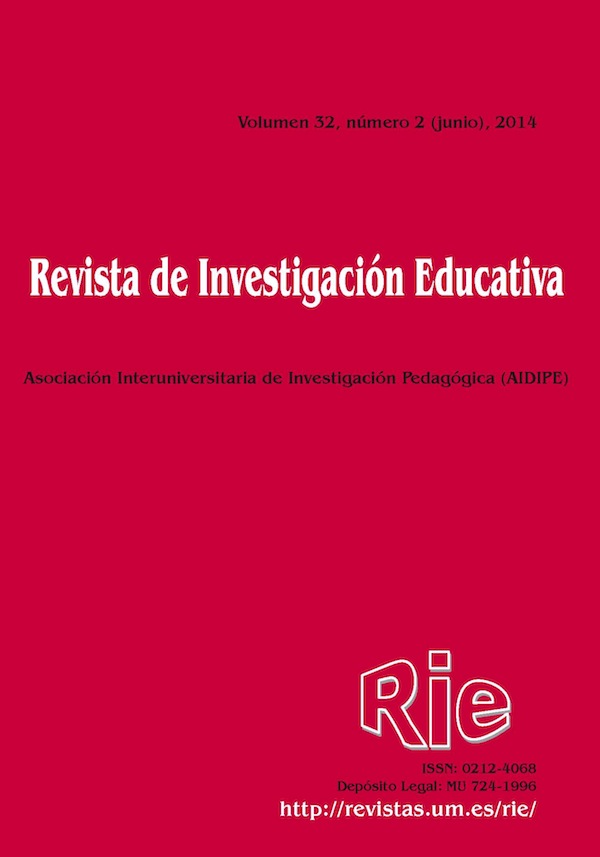Basic skills and perceptive processes: key factors in training and guidance processes of young people at risk of educational, social and labour exclusion
Supporting Agencies
- Comisionado para Universidades e Investigación del Departamento de Innovación
- Universidades y Empresa de la Generalitat de Cataluña y del Fondo Social Europeo
Abstract
This research suggests improvements in guidance processes and initial vocational training of young people between 15-21 years old that are at risk of educational, social and labour exclusion, drawing on the needs emanating from the findings. The present study is based on a comparative analysis of the self-perception of the mastery of key competencies of 228 young people involved in 18 training programmes in the surrounding area of Barcelona, Spain, and others’ perceptions on the matter (16 tutors and 9 entrepreneurs). The results show differences between the perceptions of the two groups of participants. Based on the findings, an interrelated model of key skills was designed. In this model, linguistic competence, learning to learn competence, social-citizenship competence and labour competence become the axis that articulate the connections between competencies. Likewise, this model sets training guidelines within these training programmes.
Downloads
-
Abstract2375
-
PDF (Español (España))1768
The articles and scientific documents published in RIE abide the following conditions:
1. The Servicio de Publicaciones de la Universidad de Murcia (the publisher) has the property rights (copyright) of all the documents published and allows the reuse under the user’s license indicated in point 2.
2. All documents are published in the digital edition of RIE under a Creative Commons Reconocimiento-NoComercial-SinObraDerivada 4.0 Internacional. (legal document) license. These documents can be copied, used, distributed, communicated and explained publicly if: i) the author(s) and its original source of publishing (magazine, publisher and URL of the document) are cited; ii) it is not used for commercial purpose; iii) the existence and the specifications about this license are mentioned.
3. Auto-archive’s conditions. The authors are allowed and encouraged to digitally distribute the pre-print versions (a version before evaluation) and/or post-print (a version that it is already evaluated and accepted to its publication). This promotes circulation and distribution earlier and can increase the citations and significance within the academic community.










